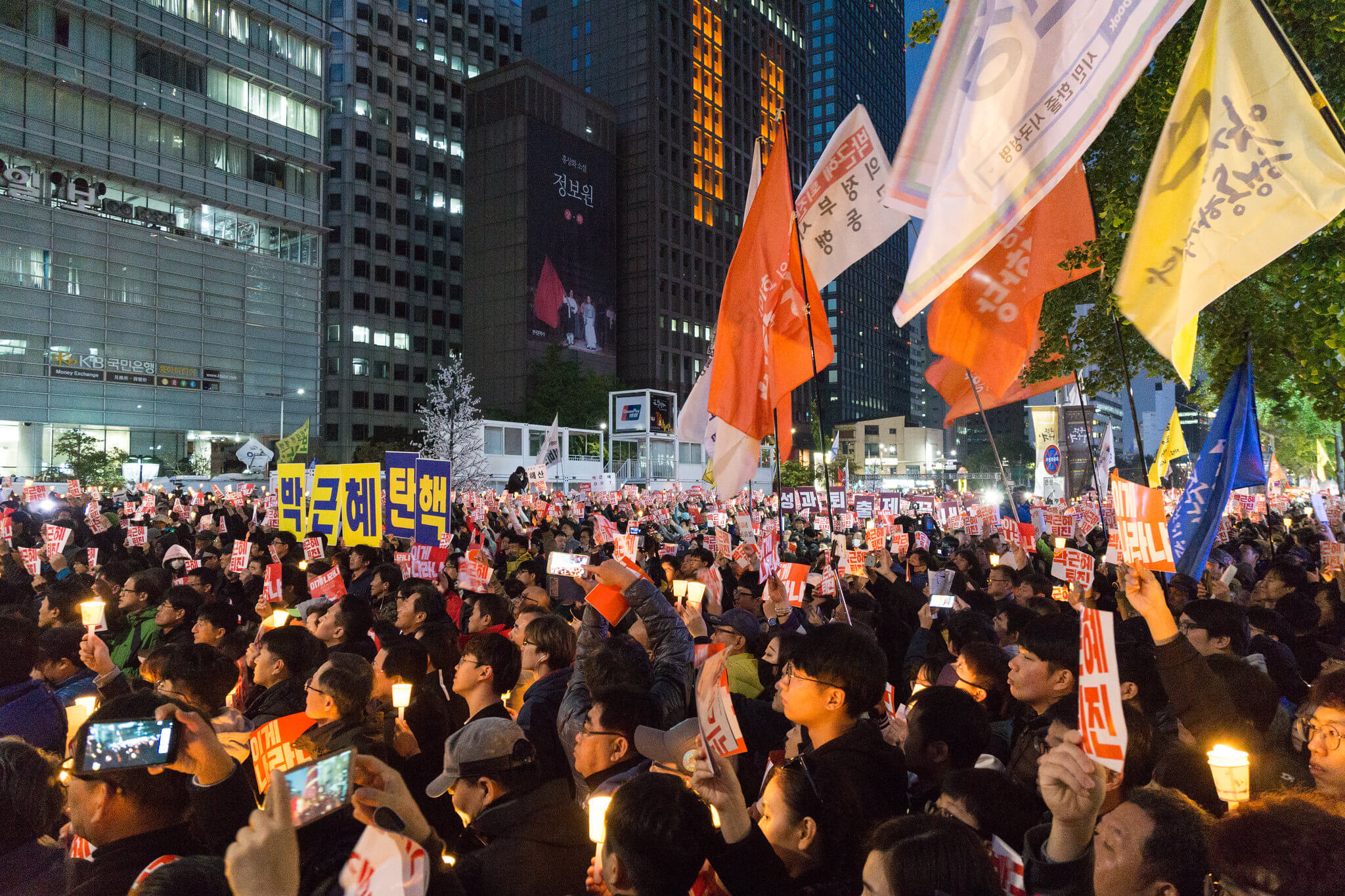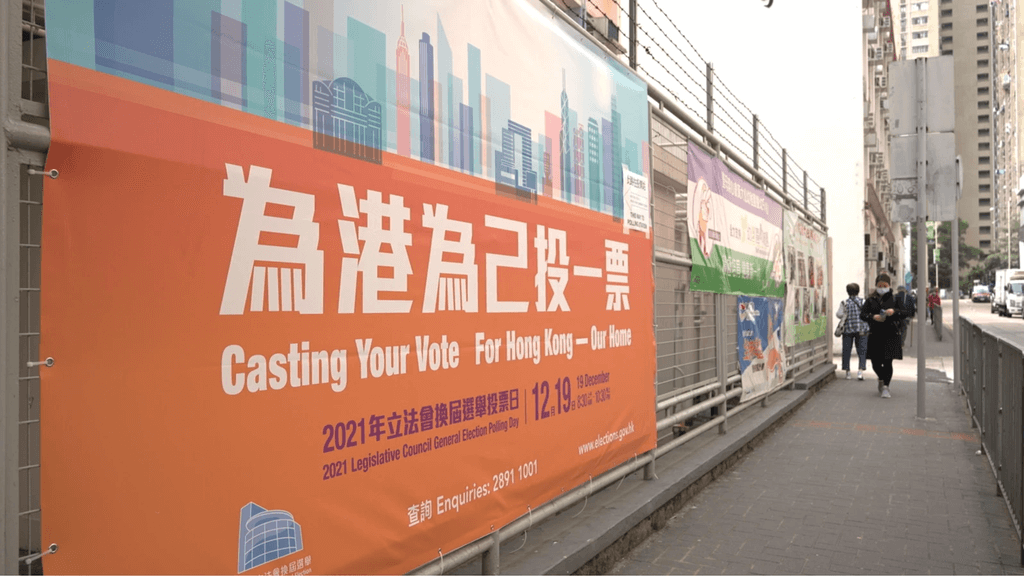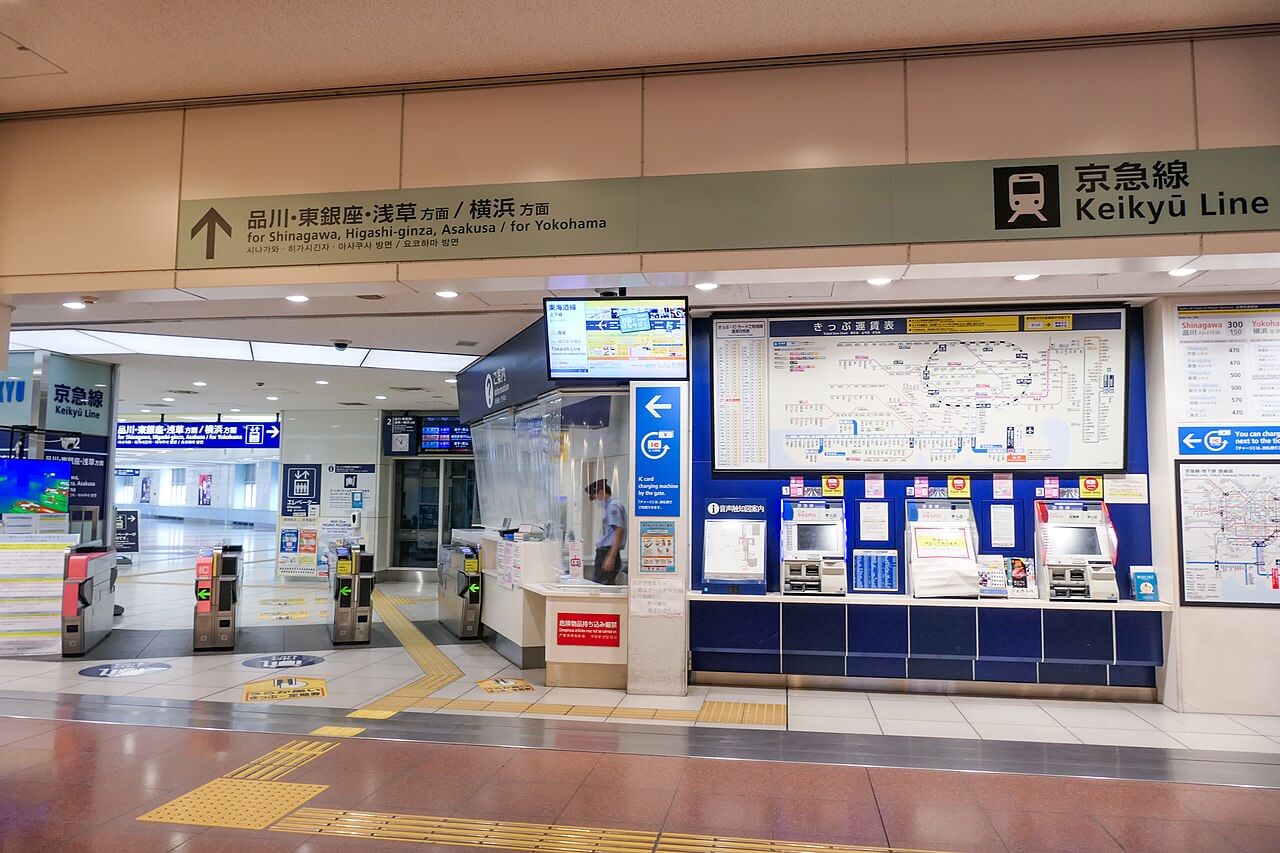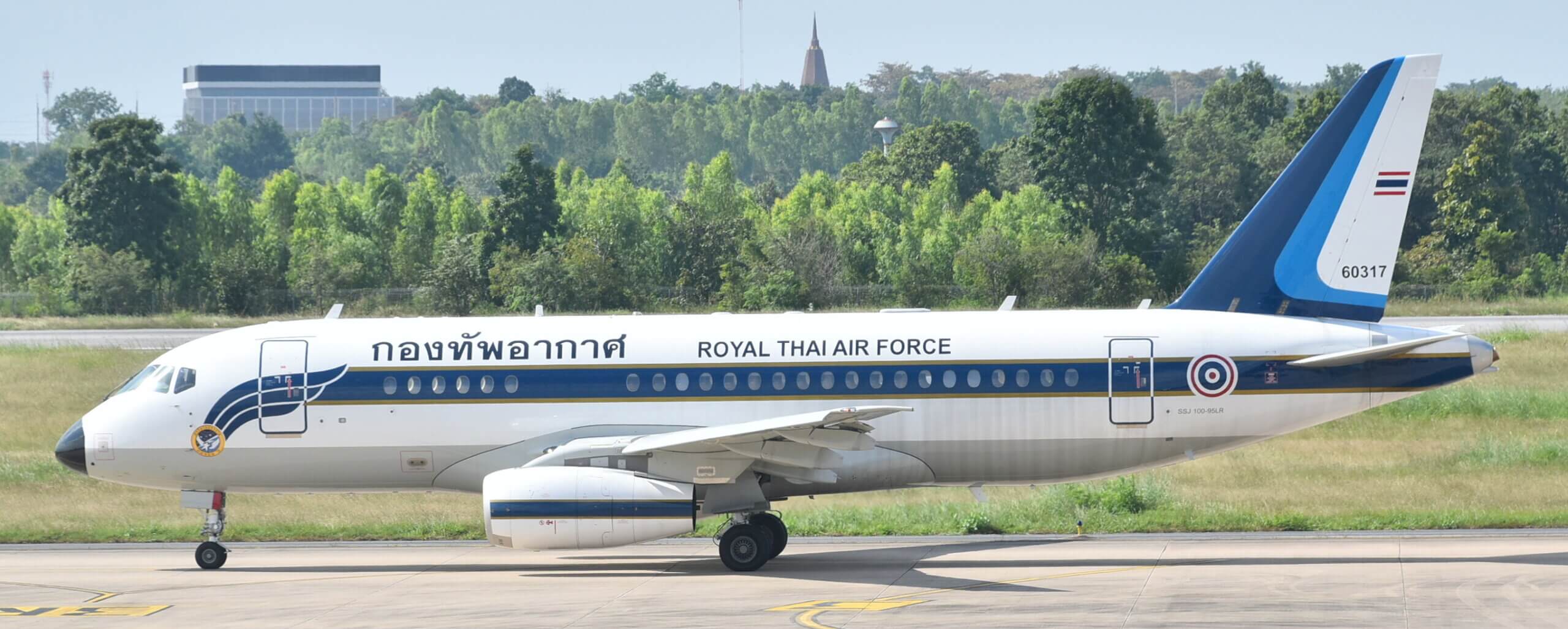Opening ceremony of the XXIV Winter Olympic Games in Beijing.
Source: Presidential Executive Office of Russia via
Wikimedia CommonsThe US, Canada, Australia, the UK, Denmark, and Belgium are among the western countries that have joined in a
diplomatic boycott of the Winter Olympics. The countries allow their athletes to participate but will not send any official representatives. The reason is the human rights abuses in Xinjiang. White House secretary Jen Psaki believes the diplomatic boycotts sends a “clear message against China's ongoing genocide and crimes against humanity in Xinjiang”.
Not only western governments, but also western organizations such as Human Rights Watch and Amnesty International are engaged in the debate over China's human rights record. Amnesty International calls the Winter Olympics a “sports washing opportunity” and
expresses their concerns on Twitter: “The Beijing Olympic Games should not be used as a distraction from China’s appalling human rights record, instead, the Games should be an opportunity to press China to address its human rights abuses”.
Amnesty International has sent out information to different athletes about the human rights issues in China. For instance,
Danish athletes have received information about so-called “Chinese propaganda” by Amnesty International so they can recognize the propaganda and navigate in an authoritarian political climate.
The Chinese authorities
criticised the Western reaction and encouraged the US to "stop politicizing sports and hyping up the so-called diplomatic boycott so as not to affect China-US dialogue and cooperation in important areas." It is not the politicians who should be in the spotlight of the Winter Olympics, but the athletes, a Chinese foreign ministry spokesperson stated.




